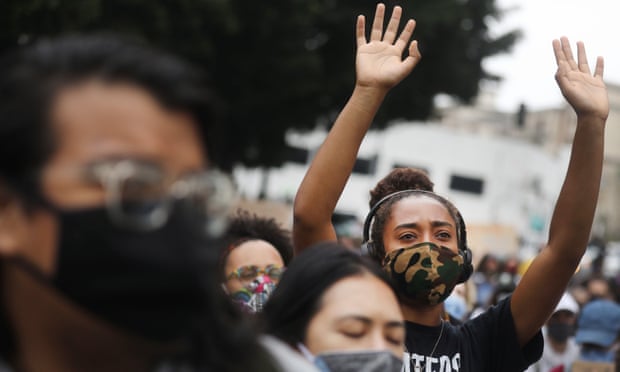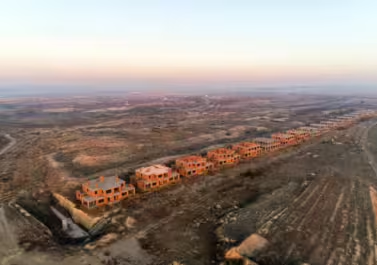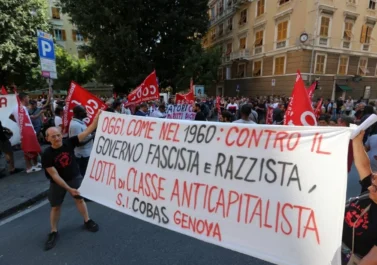Another contribution from a comrade in the US – response to our text on the current moment and the need for a class program:
Join the debate!
I have some thoughts about your post on the matter of a revolutionary working class program in times of coup and civil war scenarios.
- You observe that there are rising class tensions generated by the presidential elections. You are certainly right that there are rising tensions but I see little evidence that would justify categorizing them as “class” tensions. My best guess is that the forces on the ground are fractured across many different class strata and that there are more than a few “workers” on the wrong side. By way of example, one of the men arrested in the “plot” to kidnap the governor of Michigan had been living in the basement of a vacuum store because he had nowhere else to live. The best way to understand the Trump block is as a “cross-class” or “cross-non-class” coalition–including well-heeled suburbanites parading in cars and boats (see my recent Hard Crackers post at https://hardcrackers.com/rehearsals-clowns-included/), as well as well-armed militia members and adherents of the Proud Boys. It’s also evident that, for the most part, the ruling class wants nothing more than for Trump to be defeated and for him to exit the stage quietly. They have enough headaches without having to deal with widespread instances of violence, let alone with attempts to undo the results of the election. That doesn’t mean that they have complete control of the situation and forces out of their control may seize the initiative.
- You go on to note that it is almost certain that there will be violent physical attacks on sections of the working class. Certainly the situation is very volatile and the likelihood of violent outbreaks is not insignificant. But once again, I don’t think that there will be attacks on the working class as such. More likely in my mind is various forms of threats/intimidations/violence against African-American voters and/or symbolic/violent attacks against members of the liberal media or political class. While those liberal forces are despicable at best, we should defend them against attacks.
- I agree with your analysis that a “war on the streets” can lead to revolutionary change is a fantasy. Your embrace and advocacy of a class alternative to such dopey politics is very important. However, while you emphasize the “productive power” of the working class, you neglect any acknowledgement of the class’s “political power”–not when it is manifested in votes (which is a chimera) but when it’s manifested in strikes around non-economic demands. With a few notable exceptions, it’s been a long time since we saw political strikes in the US. It’s way overdue for a return engagement.
- You argue that steps towards a program/vision of revolutionary rupture can become a “necessary” propelling force for the movement of the class. I have a great deal of sympathy with what might be considered a “weak” version. I’d leave out “necessary.” Such a program/vision can be an important part of what might happen. But I wouldn’t leave out a recognition of the potential for mass working class activity around the defense of democratic rights under siege. Neither the first nor the second will likely happen without some preparation–although, even in these grim times, a democratic sensibility is still tangible. For the moment, it is straight-jacketed in electoral politics. A word about that–here we are, a savage epidemic, pervasive police violence, threats to basic survival, fires and floods–and what do people do—they still vote. It’s too early to tell how real the hype about voting will be but we may be disappointed by the numbers.
- You write: “In the political confrontation with reactionary tendencies within the working class we have to make clear that only this collective step by workers is a radical break with ‘the elite’.” I agree with the second half of the sentence but confess that I have no idea what it has to do with the confrontation with reactionary tendencies within the working class. Are you referring to the anti-capitalist fascist groupings?
- I am afraid that you overestimate the extent and significance of strike activity in the US. So far as I can recall, the Google/Amazon stuff lasted for a couple of days and was all but completely symbolic. The strikers probably went home and worked late into the night to pay back the hours on strike. The doctors actions are more helpful but even those were very limited. Unfortunately, there do not seem to have been any/many unified health care workers strikes.
- You advocate for “driving a wedge” between state workers engaged in productive labor and the bureaucratic and repressive state apparatus and acknowledge that it will be a challenge. Unfortunately, you don’t discuss what the challenge will consist of. There are occasional episodes of state workers demanding that cop unions be driven out of the union movement but, for the most part, the “first responders” are first responders and deemed to be heroes.
- I completely agree with your claim that “social power does not lie in the besieged government building but in the productive fabric of society.”
I write as someone who has a great deal of sympathy and agreement with your political approach. I’d urge you to revisit these topics and take more seriously the distinct dangers posed by political reaction outside the class framework.
John



